Togo
Togo heads to the polls on Monday in a parliamentary election that has been marred in controversy. The west African nation's current parliament passed constitutional changes last week which would allow the country’s current president Faure Gnassingbé to stay in power indefinitely.
Gnassingbé is the latest in a long line of leaders from the same family, one of the longest-ruling families in Africa.
Togo’s opposition had hoped to gain enough seats in parliament in this election to be able to prevent changes like the ones Gnassingbé has pushed through with the latest constitutional vote – not an impossible task, as such a change would require 4 out of 5 votes in parliament, so even a small amount of seats could make a difference.
But the legislation was passed just last week, with only the president’s signature needed to make it official.
From the capital, an opposition stronghold, young voters echoed calls for change that dominate the opposition’s rhetoric.
“I expect change after these elections,” said Boston Apekou, a phone seller.
“The state of our roads needs to be improved. Our leaders need to do more on that, and that’s what I expect from these elections," added Bruno Kpoti, a motorcycle taxi driver.
In a report published Wednesday, Amnesty International said Togolese authorities have cracked down on freedom of assembly and freedom of the press.
Opposition protests have been canceled in recent weeks, and foreign reporters barred from covering the elections.
Jean Yaovi Degli, a human rights lawyer and former Togolese minister said of these restrictions, “today, even those who are leading political actors, notably the political parties, who are able to debate this change in constitution, who should have taken part in a large debate and a referendum – these political parties are not authorized to speak, nor to demonstrate for this change in the political system. So who is going to talk about it?”
On Gnassingbé’s popularity, Degli said that Togo does not conduct political polls, but that “even if the current head of state has popularity, this can’t be a huge popularity.”
Normally, Gnassingbé would be up for election for his last possible term in 2025.
If he signs off on the constitutional changes before Monday’s vote, it is unlikely that Togo will see presidential elections any time soon.





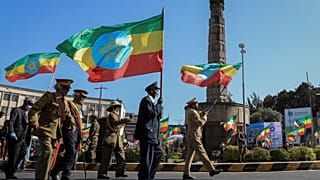
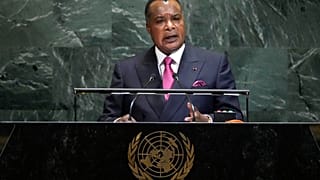
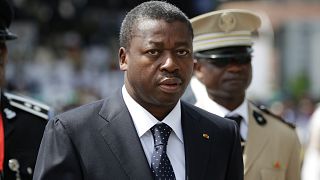

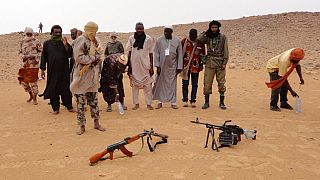
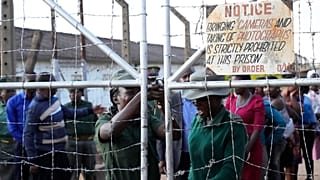
01:43
Uganda: Worries grow over Kizza Besigye's health
01:03
Cameroon to release body of late opposition leader
02:25
Gabonese presidency defends social media shutdown
01:06
Nigeria's president signs amended Electoral Act into law despite push back
01:00
Russia marks Navalny grave anniversary amid poison test fallout
01:23
Guinea-Bissau opposition leader faces military court over coup plot allegations